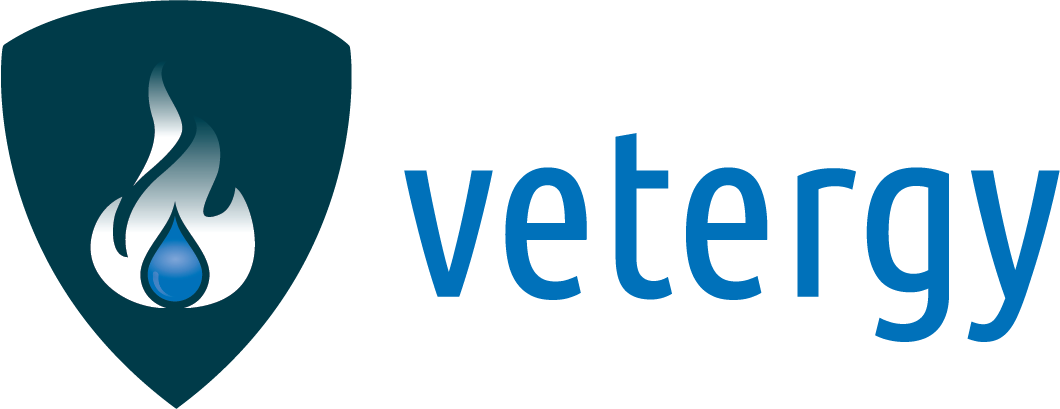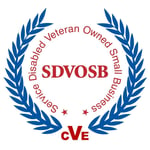Have you ever questioned why they check your pulse when you see a doctor?
I always wondered why it was important to know if my pulse was a bit slow or fast? To me, it was just a bit of extraneous information I dumped as soon as the cold stethoscope hit my chest. Despite the appearance of a formality, a pulse check can actually provide meaningful insights about your health. For example, a slow pulse can point towards heart disease, certain infections, high levels of potassium, or even an underactive thyroid gland. A fast pulse could be due to an infection, cardiomyopathy, anemia or asthma. Despite the complexity of human anatomy, a simple pulse check is critical for identifying serious health issues before they occur.
At Vetergy, we use an Index and Pulse model to evaluate and monitor organizational health. During the Operational Resilience Evaluation (ORE), we index the 15 constructs of resilience using mixed methods. Based on the identified areas in need of improvement, we develop programs and work with the organization to achieve lasting change. We aim to overcome status quo; instill new behaviors; and finally, monitor and adapt. But lasting change comes from more than instilling new behaviors or process improvements. Lasting change results from a change in the mindsets of the employees. Monitoring for mindset shifts is accomplished through organizational pulse checks.
Vetergy checks the organization’s pulse through timely and routine surveys. We use customized surveys to measure critical elements of resilience. We focus on 1) high-impact factors, which are those with the greatest ROI with respect to improving organizational performance; and 2) high-gap factors, which are those with the greatest deviation from industry benchmarks. Pulsing provides a snapshot of the organization’s culture and helps identify the prevailing mindsets of employees in the indexed factors of our evaluation. It also enables the organization to see what is working and what is not working in the change process. The data provides timely and relevant information organizations can use to adapt and modify efforts. The results are presented in a dashboard format that is easy to read and revealing of progress. Through a simple survey or a pulse check, we can get indications of the organization’s health.
If you are curious to learn more about evaluating your organization’s pulse, or, if you just want to gain a better understanding of what is driving decisions and prevailing mindset at your company, contact Vetergy Group to learn more about how we can help your organization. We invite you to take our complimentary, custom self-assessment for your organization where we will give you a glimpse into our ORI Survey.
Click here to learn more



 1200 Corporate Drive, Ste 170
1200 Corporate Drive, Ste 170




